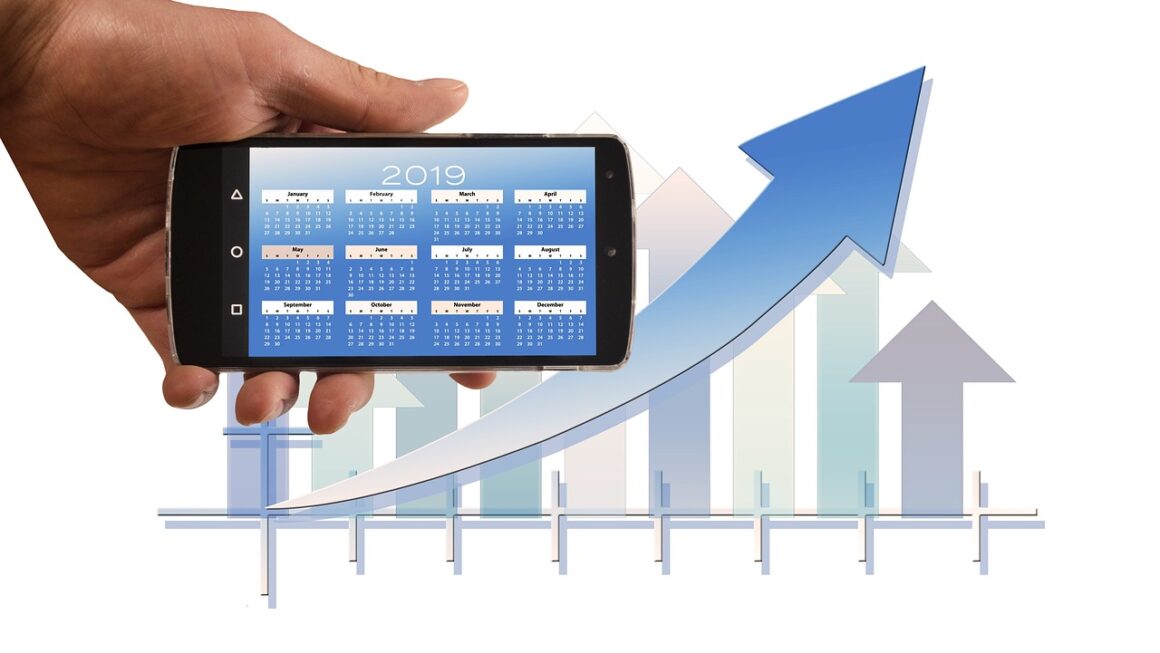The shift to remote work has revolutionized the way businesses operate, offering flexibility and access to a global talent pool. However, this transition also presents unique challenges, particularly in maintaining productivity, collaboration, and communication. Fortunately, a plethora of remote-friendly tools are available to bridge these gaps and empower distributed teams to thrive. This guide explores the best tools for remote work, covering everything from project management to video conferencing, ensuring your team stays connected and efficient, no matter where they are located.
Project Management & Collaboration Tools
Asana: Streamlining Workflow and Task Management
Asana is a robust project management tool designed to enhance collaboration and streamline workflows for remote teams. It allows teams to create projects, assign tasks, set deadlines, and track progress, ensuring everyone stays on the same page.
- Features:
Task assignment and tracking
Project timelines and Gantt charts
Customizable workflows
Integration with other productivity tools like Slack and Google Workspace
- Benefits for Remote Teams:
Enhanced visibility and accountability
Improved team coordination
Reduced email clutter
- Example: A marketing team can use Asana to manage a content calendar, assigning tasks for blog posts, social media updates, and email campaigns, ensuring each task is completed on time.
Trello: Visual Project Management with Boards
Trello utilizes a Kanban-style board system to help teams visually organize and manage projects. It’s simple, intuitive, and highly customizable, making it ideal for both small and large teams.
- Features:
Customizable boards, lists, and cards
Drag-and-drop functionality
Collaboration tools, including comments and attachments
Power-Ups for integrations with other apps
- Benefits for Remote Teams:
Visual overview of project status
Easy task assignment and progress tracking
Flexible workflow management
- Example: A software development team can use Trello to track bug fixes, feature requests, and sprint progress, allowing team members to quickly see the status of each task.
Google Workspace: Comprehensive Suite for Productivity
Google Workspace (formerly G Suite) provides a comprehensive suite of productivity tools, including Gmail, Google Drive, Google Docs, Google Sheets, and Google Meet. It is a cost-effective and versatile solution for remote teams of all sizes.
- Features:
Real-time collaboration on documents
Cloud storage for easy access to files
Video conferencing with Google Meet
Shared calendars for scheduling
- Benefits for Remote Teams:
Seamless collaboration on documents and spreadsheets
Centralized storage for all team files
Integrated communication tools
- Example: A team working on a proposal can collaborate simultaneously on a Google Doc, leaving comments and suggestions in real-time, ensuring everyone is aligned.
Communication & Collaboration Platforms
Slack: Real-Time Messaging and Collaboration
Slack is a popular messaging app designed to facilitate real-time communication and collaboration within remote teams. It allows teams to create channels for specific projects, topics, or teams, ensuring relevant conversations are easily accessible.
- Features:
Channel-based messaging
Direct messaging
File sharing
Integrations with other apps like Asana and Trello
- Benefits for Remote Teams:
Instant communication and quick responses
Organized conversations by topic or project
Reduced email volume
- Example: A sales team can create a Slack channel to share leads, discuss sales strategies, and celebrate wins, fostering a sense of community and collaboration.
Microsoft Teams: Integrated Communication and Collaboration Hub
Microsoft Teams is a comprehensive communication and collaboration platform that combines chat, video conferencing, file storage, and application integration. It is particularly useful for teams already using Microsoft Office 365.
- Features:
Chat-based communication
Video conferencing
File sharing and storage
Integration with Microsoft Office 365 apps
- Benefits for Remote Teams:
Centralized communication and collaboration
Seamless integration with existing Microsoft tools
Enhanced security and compliance
- Example: A project team can use Microsoft Teams to conduct daily stand-up meetings, share project documents, and track progress, ensuring everyone is informed and aligned.
Zoom: Reliable Video Conferencing for Meetings
Zoom is a leading video conferencing platform that offers reliable and high-quality video and audio for virtual meetings, webinars, and training sessions.
- Features:
High-quality video and audio
Screen sharing
Recording capabilities
Breakout rooms for smaller group discussions
- Benefits for Remote Teams:
Effective virtual meetings and presentations
Enhanced collaboration and engagement
Improved communication
- Example: A company can use Zoom to conduct all-hands meetings, training sessions, and team-building activities, ensuring employees stay connected and informed.
Time Tracking & Productivity
Toggl Track: Simplified Time Tracking for Accurate Reporting
Toggl Track is a user-friendly time tracking tool that helps remote teams monitor their work hours, track project progress, and improve productivity.
- Features:
Simple time tracking with one-click start/stop
Project and client tracking
Detailed reports and analytics
Integration with project management tools
- Benefits for Remote Teams:
Accurate tracking of work hours
Improved project profitability
Increased productivity
- Example: A freelancer can use Toggl Track to track the time spent on different client projects, generating detailed reports for invoicing and time management.
Clockify: Free Time Tracking and Timesheet Software
Clockify is a free time tracking software that allows remote teams to easily track work hours across different projects and tasks. It offers a comprehensive set of features without any hidden costs.
- Features:
Free time tracking for unlimited users
Project and task tracking
Timesheet reporting
Integration with other apps
- Benefits for Remote Teams:
Cost-effective time tracking solution
Improved time management and accountability
Detailed insights into team productivity
- Example: A small startup can use Clockify to track employee work hours, monitor project progress, and generate timesheets for payroll processing.
Security & Access Management
LastPass: Secure Password Management for Teams
LastPass is a password management tool that helps remote teams securely store and manage their passwords, protecting sensitive data from cyber threats.
- Features:
Secure password storage
Password generation
Password sharing
Two-factor authentication
- Benefits for Remote Teams:
Enhanced security and data protection
Simplified password management
Improved compliance
- Example: A company can use LastPass to securely share passwords for shared accounts and applications, ensuring only authorized personnel have access.
VPN (Virtual Private Network): Secure Internet Connection
A VPN encrypts your internet traffic and masks your IP address, providing a secure connection when working remotely, especially on public Wi-Fi networks.
- Features:
Encryption of internet traffic
Masking of IP address
Access to geographically restricted content
- Benefits for Remote Teams:
Enhanced security on public Wi-Fi networks
Protection against cyber threats
* Secure access to company resources
- Example: Remote workers can use a VPN to connect to the company network securely when traveling or working from home, protecting sensitive data from potential threats.
Conclusion
Remote work offers numerous benefits, but its success hinges on leveraging the right tools. By implementing the remote-friendly tools discussed above – from project management and communication platforms to time tracking and security solutions – organizations can foster a productive, collaborative, and secure remote work environment. Investing in these resources is an investment in the future of work, empowering teams to thrive regardless of location. By carefully evaluating your team’s needs and selecting the tools that best fit your workflow, you can unlock the full potential of remote work and achieve greater success. Remember to continually assess and update your tool stack to adapt to the evolving needs of your remote team.




